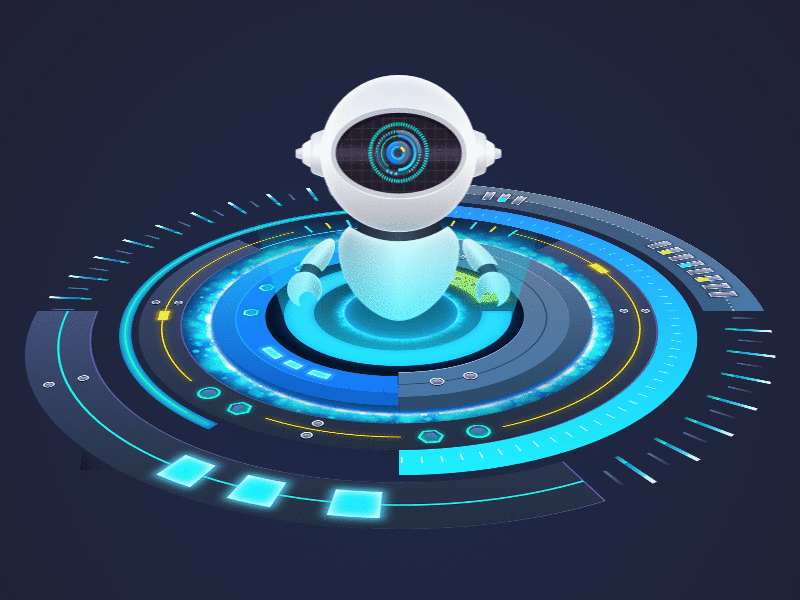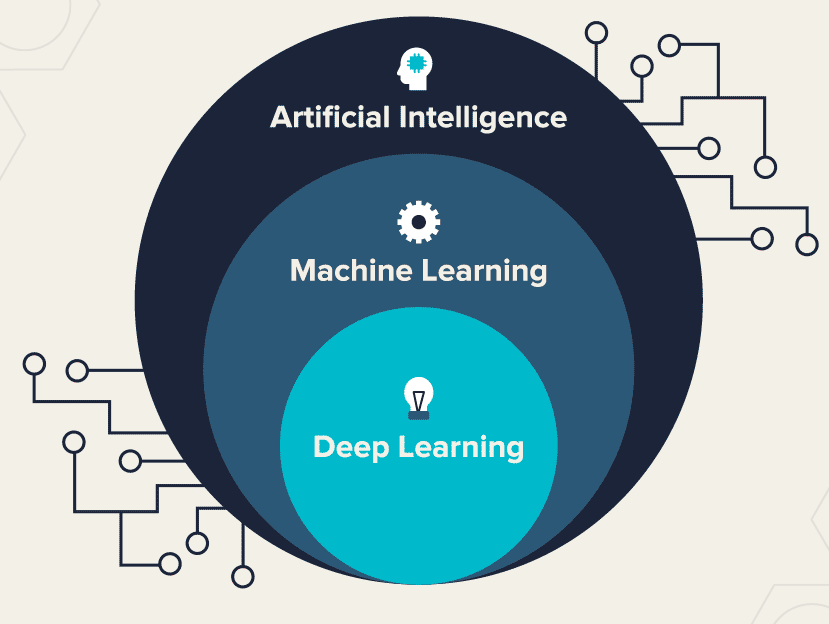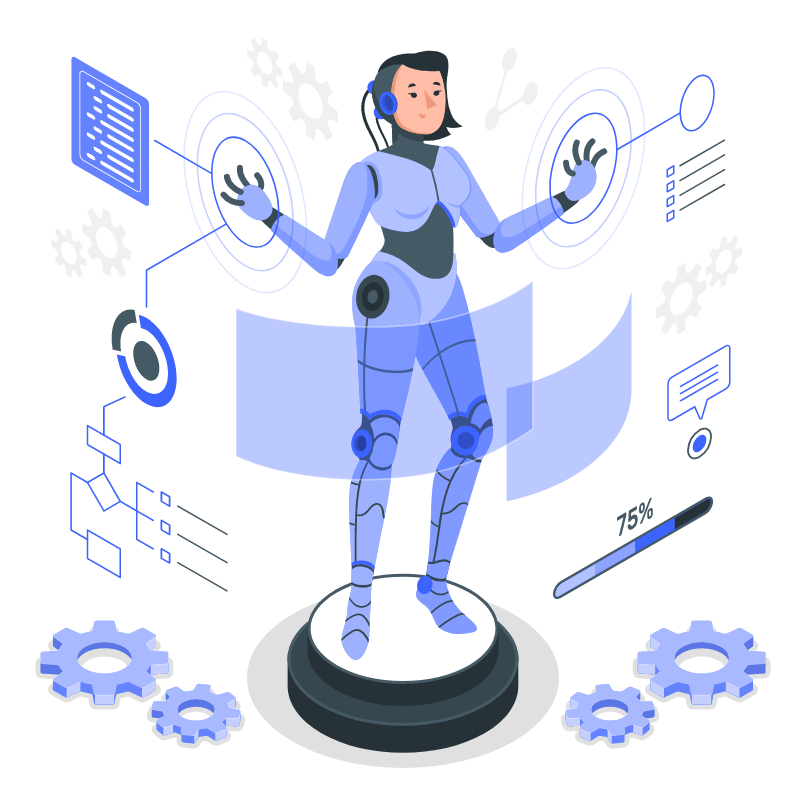AI and healthcare
Medicine AIArtificial Intelligence has been raising mixed feelings since its debut into our lives. For some, it is a revolutionary technology that will bring great benefits. For others, it represents a concern in terms of how it could be replacing humans in the future. In this article, I will explore the relationship between AI and healthcare. Are robots really going to replace Doctors? And what are the benefits of its implementation in the healthcare system?

The state of the art
Contrary to what most might be thinking, we are still very far from seeing an AI-powered robot operating independently on a patient. In fact, the great majority of the applications of AI in healthcare is medical imaging, as it demonstrated to have a great eye for finding infections, tumours, and all other sort of abnormalities.
One of the most interesting tools in development is the Google Breast Cancer deep learning model, which has shown huge accuracy in detecting breast cancer after being fed immense amounts of data.

This application of AI could reduce instances of misdiagnosis, whether that be false positives or negatives. Deep learning diagnostic performance models will likely quickly become an invaluable tool for healthcare professionals, assisting them in providing better patient care.
It is undoubtedly an amazing tool to use alongside trained and expert clinicians, but thinking of it as the “solo character” of the diagnostic process is not a realistic expectation.
AI could also be of great help when it comes to managing bureaucracy in hospitals. Imagine all that paperwork being sorted and stored with just one click. And it does not stop there. Counting surgical instruments, sorting out the inventory, and why not, even managing staff rotas and shifting. The possibilities are literally endless.
AI and monitoring
Employing Artificial Intelligence to monitor patients suffering from chronic diseases such as diabetes or heart conditions could be a game-changer. We already use wearable devices, but AI could add an extra layer of usefulness by connecting patients with their doctors in real-time and informing them about fluctuations in their blood sugar or blood pressure. This could be extremely advantageous especially for those patients who are not particularly careful to their condition.
As AI learns through patterns, we can instruct it to recognise dangerous ones and report them immediately to the healthcare practitioner caring for those patients. This could be seen as a new level of prevention.

These devices could also alert physicians about unusual behaviours from their patients (I.e.: detecting typical body movements that could be related to seizures in diabetic patients prone to develop hypoglycaemia). So, it is not just about metrics, but also dynamics and body movements.
And all of this means that patients could receive continuous monitoring in the comfort of their own home, without the need for them to go physically to the hospital and using up valuable resources that could be directed towards critical patients or patients needing a higher level of medical attention. Definitely a win-win for everyone.
What the future holds
AI will surely play an important role in the future of healthcare. New possibilities and job opportunities will emerge as more specialised experts will be needed to operate sophisticated devices and machines, all in the name of improving patients’ outcome.
Hopefully, hospitals and healthcare organisations will be able to keep up with the pace and adapt to this fast-evolving industry, harvesting the best fruits it has to offer.
Of course, it will not be easy. Every new discovery carries its pros and cons, but we should stay positive and look at the bright side of things. A positive mindset will definitely be the foundation of something extraordinary.

Patients’ safety and privacy should remain the main concern. No advancement is worthy if the price to pay is jeopardising the most important aspect of care: people suffering from a disease.
Even if the technology is exceptional, we address these challenges similarly: we move in calculated steps, think meticulously before making a decision, and always take care of patients’ welfare. AI could reshape the future of healthcare; however, rushing into things without enough knowledge or preparations may lead to more harm than good. Organizations have to find proper solutions for this route and partners to go with.
AI technology promises to improve the quality of care, increase convenience for patients and providers, and potentially reduce the cost of care greatly if we successfully tackle those challenges. The ball is now in their court as far as how bright they want to paint their future on this promising technology and linking up with people who understand AI deeply and what it can do to get the best results possible.
Michele Ritucci, MD